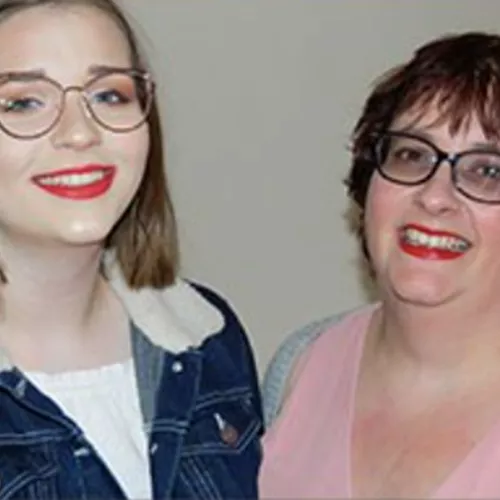Coming off psychiatric medication
Explains why you might decide to come off psychiatric medication, how to do this safely and where you can go for support. Also includes tips for friends and family wanting to support someone who is coming off medication.
View this information as a PDF (new window)
Where can I get support to come off medication?
If you're thinking about coming off your medication there are a few people and places that can help. You might find that some of these are more suitable for you, or more easily available where you live.
Your GP
If you're thinking of coming off your medication, it's important to ask your GP or the doctor who usually prescribes your medication:
- how to taper (slowly reduce) your medication safely
- if it might help to switch to another medication that is easier to withdraw from
- if they would recommend any other medications that could help with any withdrawal symptoms you may have.
Some GPs know more about tapering off psychiatric medication than others. If you are unsure of how to start a conversation with your GP, it can help to show them our planning for withdrawal information and ask them for advice on how to taper your medication in a way that feels safe and manageable for you.
You can also ask your GP for help with withdrawal symptoms whether or not they're involved in prescribing the medication you’re withdrawing from. See our pages on talking to your GP for more information.
My GP took the possibility of withdrawal symptoms very seriously. He gave me the confidence that I could manage the reduction myself and helped me with practical issues about how a very gradual reduction of medication can be administered.
Pharmacists
You can visit any pharmacy and ask to speak to a pharmacist about medication, without making an appointment. You can often ask to talk in a private room if you prefer this.
See the NHS website for information about how your pharmacy can help, and search for pharmacies in England or pharmacies in Wales.
Your community mental health team
If you are under the care of your local community mental health team (CMHT), your care coordinator or community psychiatric nurse may be able to provide extra support if you are coming off your medication or changing dosage.
Your counsellor or therapist
Unlike GPs and psychiatrists, counsellors and therapists are not usually trained to provide support specifically with coming off medication, but they can help you manage the feelings and thoughts you experience while you are coming off.
See our pages on talking therapy and counselling for more information, including advice on how to find a therapist.
Peer support
Peer support brings together people with similar experiences. Your peers can:
- support you and listen to how you're feeling
- offer empathy and understanding
- share experiences, information, suggestions for self-care and support options.
See our useful contacts page for a list of organisations that can help, and our pages on peer support and online mental health.

How sharing my experience with others has helped my anxiety
I know that this is a group of friends I'll have for many years to come. I hope that we'll continue to support one another through new stages of our lives.
Charity and community organisations
There are many national and local charities which offer various support services, including some organisations that support people with coming off medication.
See our useful contacts and our third sector services pages for more information.
Whatever you do, whether you choose to stay on or come off, don't go through it alone. You might feel alone at times, but there is an intricate web of people who are so connected to you, you just have to reach out to them.
Recovery colleges
Recovery colleges offer courses about mental health and recovery where you can learn with other people who are going through similar things.
Many of the courses are run during the day rather than evening so can be particularly helpful if you are unable to work and need an opportunity to learn skills and connect with others in a supportive environment.
See the Mind Recovery Net website for more information and to search for local providers.
This information was published in April 2021. We will revise it in 2024.
References and bibliography available on request.
If you want to reproduce this content, see our permissions and licensing page.













